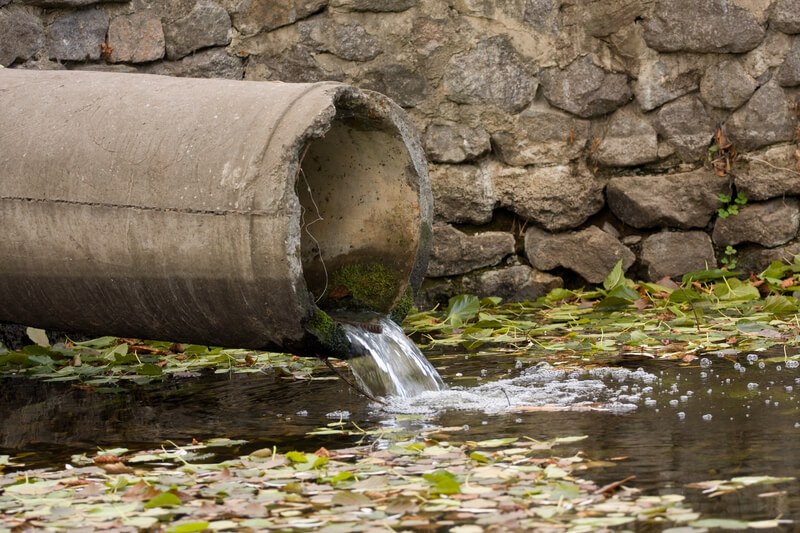Call it “dirty money” if you wish, because there’s about CHF 3 million in gold and silver found each year in Swiss sewage. © Iurii Konoval | Dreamstime But no one is going to get rich, according to a just-published report by the Swiss Federal Institute of Aquatic Science and Technology (Eawag). Recovering the estimated CHF 1.5 million in gold, and the same in silver, that passes through Swiss wastewater each year, wouldn’t be cost-effective, says the report. On the bright side, the concentrations measured pose no environmental or health threat. These precious metals don’t come from jewelry thrown down the toilet by jilted lovers. Rather, they are among numerous trace elements used increasingly in high-tech and medical industries. Other metals include gadolinium (used in luminous paints)
Topics:
Investec considers the following as important: Editor's Choice, environment, Gold in Swiss sewers, Personal finance
This could be interesting, too:
Investec writes The global brands artificially inflating their prices on Swiss versions of their websites
Investec writes Swiss car insurance premiums going up in 2025
Investec writes The Swiss houses that must be demolished
Investec writes Swiss rent cuts possible following fall in reference rate
Call it “dirty money” if you wish, because there’s about CHF 3 million in gold and silver found each year in Swiss sewage.

© Iurii Konoval | Dreamstime
But no one is going to get rich, according to a just-published report by the Swiss Federal Institute of Aquatic Science and Technology (Eawag).
Recovering the estimated CHF 1.5 million in gold, and the same in silver, that passes through Swiss wastewater each year, wouldn’t be cost-effective, says the report. On the bright side, the concentrations measured pose no environmental or health threat.
These precious metals don’t come from jewelry thrown down the toilet by jilted lovers. Rather, they are among numerous trace elements used increasingly in high-tech and medical industries. Other metals include gadolinium (used in luminous paints) and niobium (used in alloys and coatings), plus other exotic-sounding metals like ytterbium (an alloy in stainless steel) and neodymium (an alloy in magnets).
The study – the first of its kind in Switzerland – was conducted at 64 wastewater treatment plants around the country, and was commissioned by the Federal Office for the Environment. The amount of a given metal varied widely from plant to plant. Overall, during a year of study, 43 kg of gold were recovered and 3,000 kg of silver.
There’s little data to track where all this flushed-away gold, silver and other precious metals end up, but they certainly won’t be in a bracelet. What a waste.
By Bill Harby
More on this:
Swiss government press release (in French) – Take a 5 minute French test now
